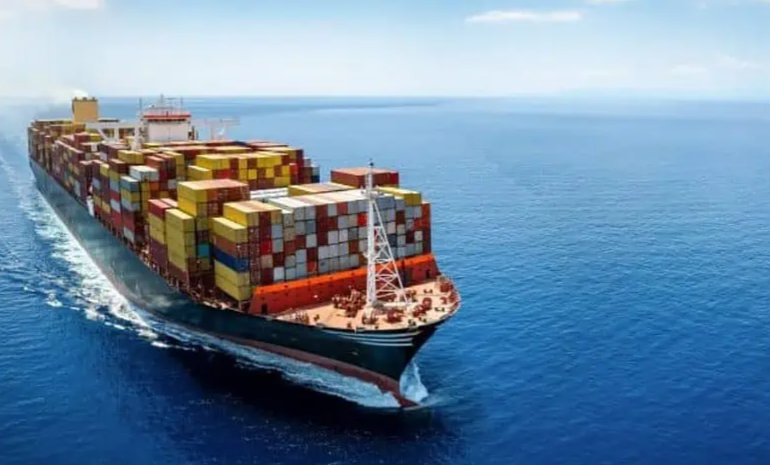
Israel-Iran Conflict: India Inc Prepares for Wider Disruption in Sea Trade
With escalating tensions in the Middle East, particularly between Israel and Iran, India Inc is bracing for significant trade disruptions along the critical Red Sea route.
Israel has vowed to retaliate following missile attacks attributed to Iran, raising concerns among industry experts that this conflict could drive up cargo freight rates. The Iran-backed Hezbollah militia in Lebanon has close ties with the Houthi rebels in Yemen, who have been implicated in attacks on ships in the Red Sea. A direct conflict between Israel and Iran could severely impact trade for Indian exporters.
The unrest in the Red Sea began in October last year, with disruptions primarily caused by Houthi rebels, leading to a 37.56% drop in India’s petroleum exports in August 2023, amounting to $5.96 billion compared to $9.54 billion in August 2022.
According to a recent Crisil Ratings report, Indian companies rely on the Red Sea route via the Suez Canal for trade with Europe, North America, North Africa, and parts of the Middle East. These regions accounted for 50% of India’s exports, valued at ₹18 lakh crore, and 30% of imports, worth ₹17 lakh crore, in FY23. Overall merchandise trade for India in FY23 reached ₹94 lakh crore, with 68% (in value) and 95% (in volume) transported by sea.
The ongoing attacks in the Red Sea have compelled companies to explore alternative and longer routes, such as navigating around the Cape of Good Hope. This shift has extended delivery times by 15-20 days and substantially increased transit costs due to higher freight rates and insurance premiums.
Despite these challenges, India’s trade with the Middle East remains robust, bolstered by strong ties with regional players like Saudi Arabia, the UAE, Kuwait, and Qatar. Bilateral trade with Gulf Cooperation Council (GCC) countries reached $162 billion last year, with the GCC now contributing 15% of India’s total trade across sectors like energy, defense, security, and health.
Recent data from the International Monetary Fund (IMF) indicates a 50% decline in trade via the Suez Canal in the first two months of the year, with the canal’s annual revenue dropping by about 23.4% due to the Red Sea crisis. According to Osama Rabie, Chairman of the Suez Canal Authority, revenues fell from $9.4 billion in FY22/23 to $7.2 billion in FY23/24.
Experts warn that rising tensions in the Red Sea are impacting not just the Suez Canal, but also maritime transportation, trade movement, and global supply chains.
In light of the escalating tensions, India has issued a travel advisory urging its citizens to avoid all non-essential travel to Iran.